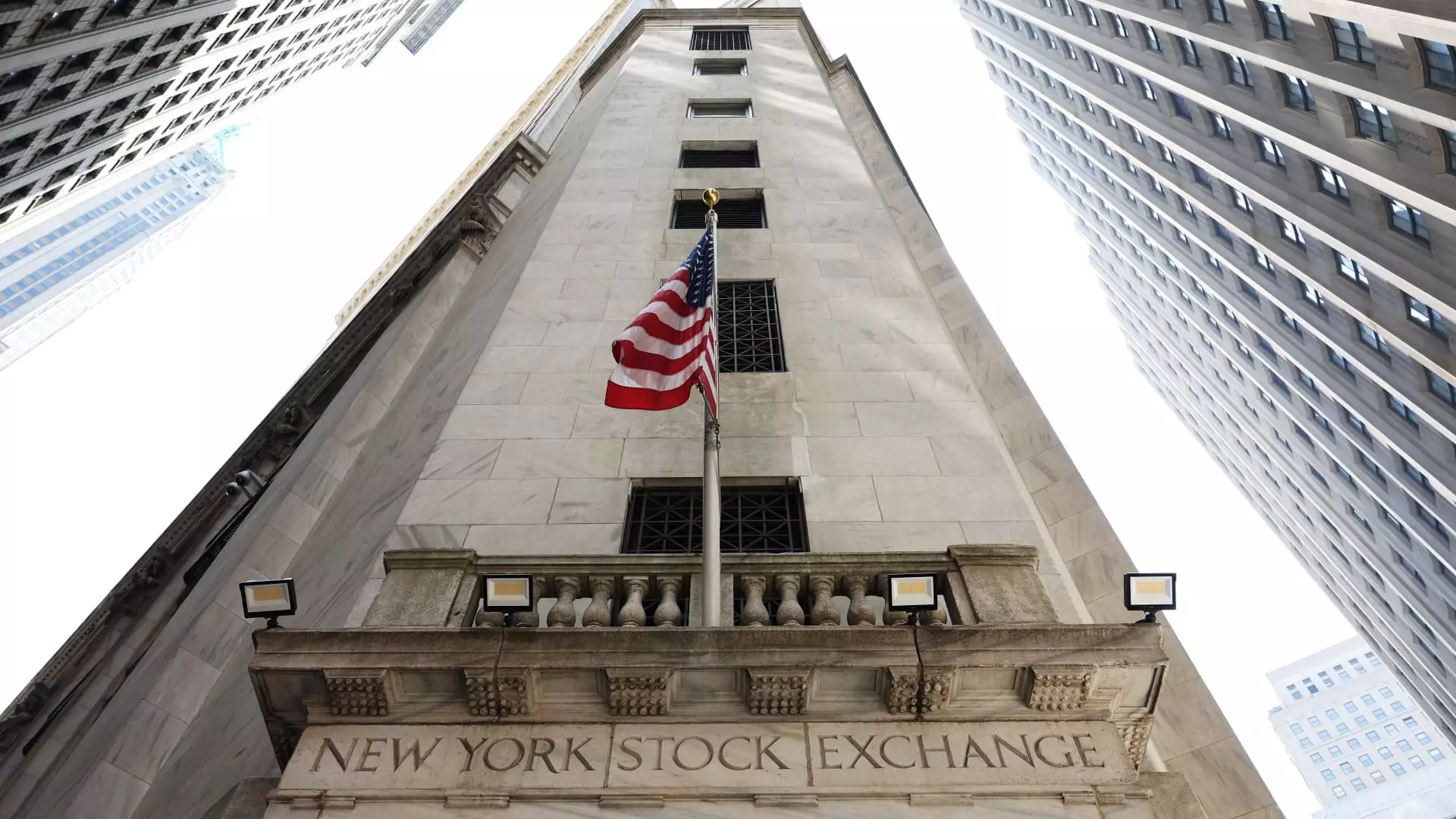Sustained market declines following a recent global sell-off have raised concerns among Morningstar DBRS analysts. These analysts have warned that the lingering market downturn could potentially trigger a self-fulfilling prophecy, ultimately leading to a recession. While the immediate impact of the market declines may be limited, there is a growing fear that a continued sell-off could prompt corporate CEOs to scale back investments and consumers to tighten their spending habits. This would result in a domino effect of further cuts and economic slowdown.
The global markets experienced a turbulent period at the end of last week, with Japan’s Nikkei 225 plummeting by over 12% on Monday and the U.S.-based S&P 500 recording its worst day in nearly two years. Notably, tech and bank stocks bore the brunt of the sell-off. However, some semblance of stability returned on Tuesday as markets began to recover from the previous day’s losses.
The market turmoil followed a disappointing jobs report released by the U.S. last Friday. Nonfarm payrolls for July fell significantly short of expectations, coming in at just 114,000 compared to the projected 185,000. The unemployment rate also rose to 4.3%, sparking concerns about the health of the U.S. economy and its potential path towards a recession. Questions arose regarding whether the Federal Reserve missed an opportunity to cut interest rates during its recent meeting.
Despite the concerns surrounding the market volatility, Morningstar analysts emphasized that the U.S. economy is still growing, albeit at a slower pace. They pointed out that the unemployment rate remains below the expected natural level of 4.4% projected by the Congressional Budget Office. Additionally, recent flash GDP data revealed 2.8% economic growth in the second quarter, indicating that the economy is still expanding.
Conversations with management teams at U.S. banks and an analysis of recent earnings and guidance suggested that banks are not overly worried about the possibility of a sharp economic downturn. Morningstar analysts reiterated that major banks, both in the U.S. and other markets, possess sufficient capital and liquidity reserves to weather further market declines or a potential recession. Most banks have minimal exposure to equities in their portfolios, and any impact on wealth and asset management fees is expected to be offset by prior gains from higher market valuations.
The Morningstar note also highlighted the resilience of capital markets players in the face of increased volatility. While sharp market fluctuations can lead to higher losses if not properly hedged, these players typically benefit from market turbulence. The analysts predicted no significant adverse effects on capital management by Japanese banks, despite the country also experiencing substantial market declines.
While the recent market sell-off has raised concerning alarms about a potential recession, the overall consensus seems to indicate that the economy is still progressing. However, the risks of a self-fulfilling prophecy and the need for cautious monitoring of market conditions remain crucial in determining the future trajectory of the global economy.


Leave a Reply